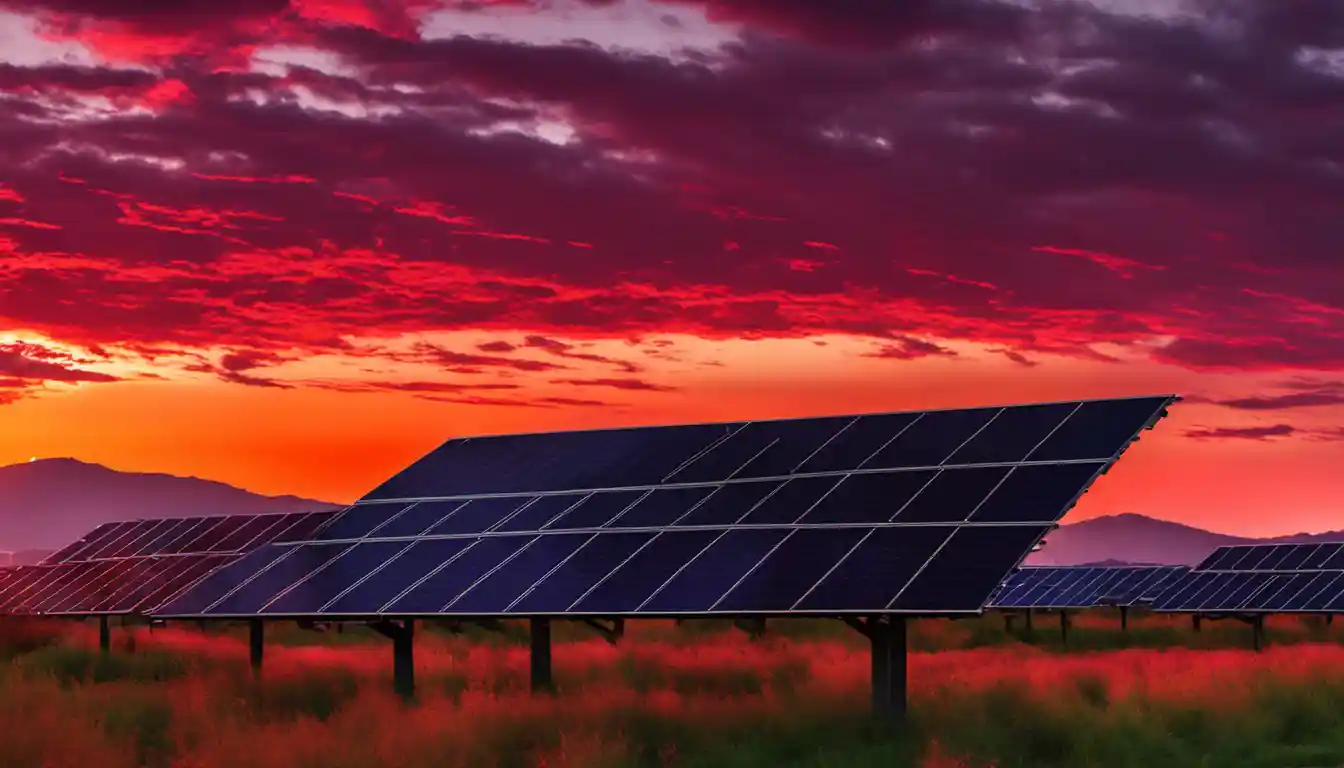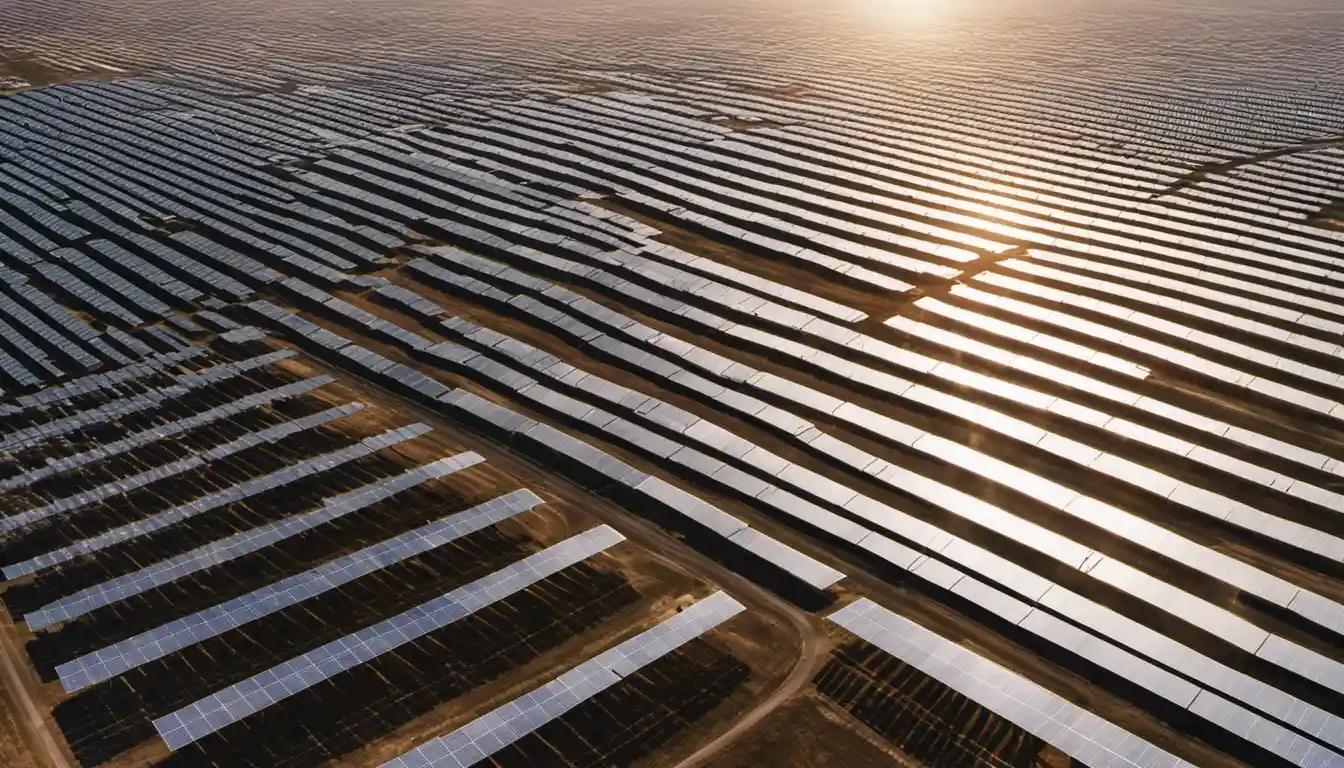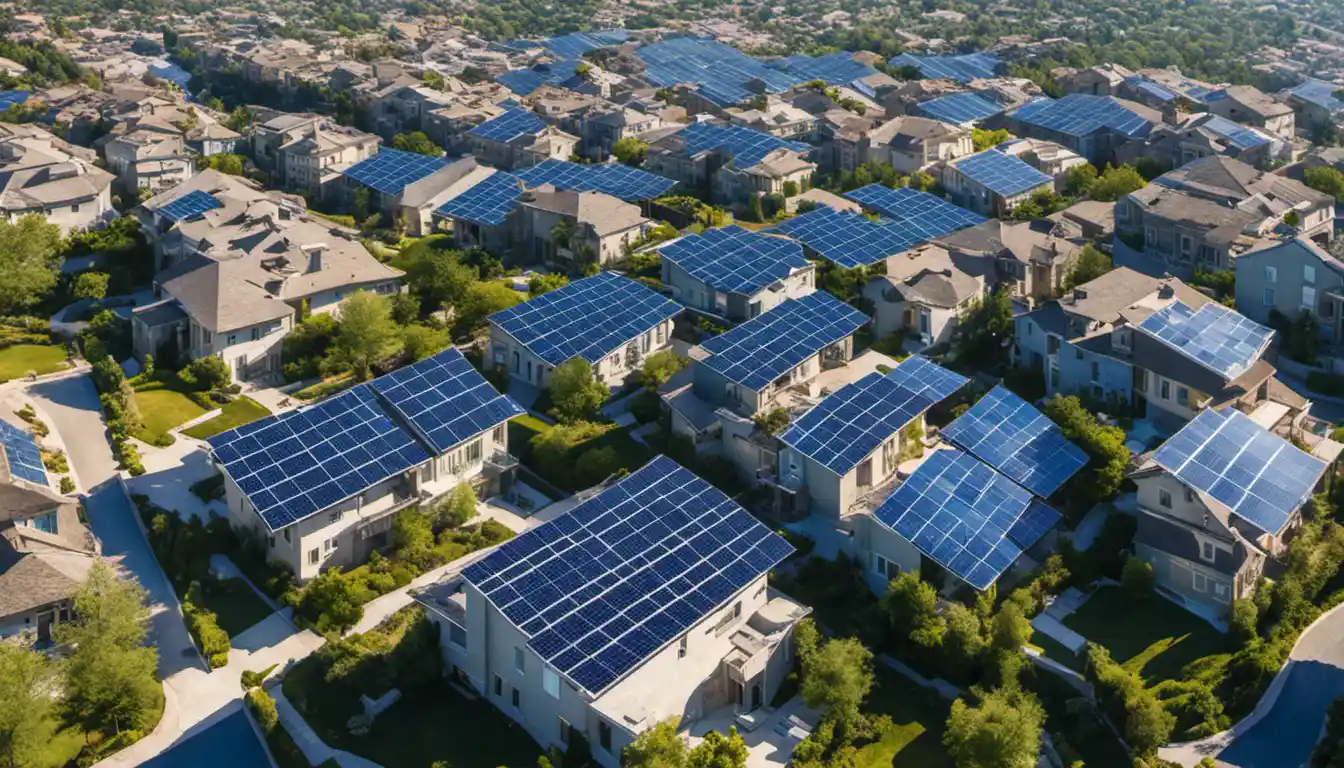Overview
Solar energy significantly reduces electricity costs and has tremendous potential for job creation, driving economic growth in regions with high sun exposure. Additionally, the advancement of solar technology can fuel a range of economic sectors, including manufacturing and installation, and decrease reliance on fossil fuel imports, thereby promoting energy independence and stability.
Benefits of Renewable Energy on the Economy
Overview of Renewable Energy Impact
Renewable energy, particularly solar, is a game-changer for our economy. It transcends beyond just powering our homes and businesses. It’s about carving a sustainable energy future, impacting job creation, environment, and even our national security. You might wonder how energy sources can impact so many facets of our economy. Well, it’s time we take a closer look.
Case Study: Solar Energy Job Creation
Solar energy directly influences job creation, and considerably so. For instance, the solar industry added jobs 20 times faster than the national average in 2015. According to the Solar Foundation’s National Solar Job Census, it grew by 25% in 2016, an indication that the trend isn’t slowing down.
Renewable Energy and Local Economies
Local economies are rejuvenated through the introduction and development of solar power. New York, for instance, has experienced a boom in solar installations which has spurred local economic growth. Aside from income generation from jobs, local governments gain economically through permits and property tax income linked to solar installations.
Pros and Cons of Solar Energy from Economic Perspective
Quick Return on Investment (ROI) with Solar Energy

When examining the economic benefits of solar energy, ROI predominates discussions. Homeowners often recoup the cost of solar panel installation in just a few years thanks to significant utility bill savings.
Leasing versus Purchasing Solar Panels: A Comparative Analysis
Purchasing solar panels signifies an upfront investment that can be offset within around 8 years, depending on your location and electricity usage patterns. Leasing systems might seem attractive due to the lack of initial cost, but the savings in electricity bills will, in general, be less than when you own the system.
Unpredictable Rate Hikes: Conventional Utilities vs Solar Energy
Another advantage of solar energy is the predictability it affords homeowners and businesses. Utility companies are notorious for rate hikes, but solar energy costs remain consistent over time, providing peace of mind and more straightforward budgeting.
Risk Factors and Challenges in Solar Energy Investments
Like any investment, solar power comes with its challenges. The most common is the upfront cost of solar panel installation, though this is often offset by the substantial long-term savings. The efficiency of solar panels can also be influenced by geographical location and weather variations.
Economic Advantages of Solar Energy
Increasing Property Values with Solar Panels
Homes with solar panel systems are seen more favorably in the real estate market. According to a study from the Lawrence Berkeley National Laboratory, homes with solar panels sell for $15,000 more on average.
Job Creation and Local Economic Development

As noted earlier, solar energy directly influences local job creation and economic evolution. The more people who embrace solar, the higher the demand, inevitably leading to job creation in solar installation, maintenance, sales, and more.
Reducing Energy Costs: Lower Utility Bills and Solar Energy
Embracing solar energy allows homeowners and businesses to significantly trim their electricity bills. With a well-designed and correctly installed solar system, you could slash your utility bill by half or even more. In this article about the advantages and disadvantages of solar energy, you will find a more comprehensive exploration of these savings.
Solar Energy and Disaster Management: Economical Emergency Resource
One overlooked aspect of solar energy is its role in emergency situations. Having a solar-powered system allows homeowners to have an independent power source during times of natural disasters or power outages, providing financial and practical benefits.
Solar Energy Incentives for Installation: An Economic Stimulus
A lot of state and federal incentives exist to encourage the adoption of solar energy. The Investment Tax Credit (ITC) allows homeowners and businesses to deduct a percentage of their solar costs from their taxes, making solar a financially attractive option.
Impact of Solar Energy on National and Energy Security
Lessening Dependence on Foreign Energy: The Solar Energy Revolution
Solar energy plays a crucial role in strengthening national security by reducing dependency on foreign oil. By investing in solar energy, countries can achieve greater energy independence and stability.
Relieving Strain on Local Utility Companies through Solar Adoption

By reducing the demand on traditional utility providers, solar energy relieves strain on our energy infrastructure, decreasing the likelihood of brownouts and blackouts.
Investment in Local Communities: A Solar Energy Perspective
When local communities invest in solar energy projects, it not only boosts their economy but makes them more resilient and less reliant on large utility companies.
Solar Energy and Environmental Economics
Solar Energy: A Solution for Better Land Use
Solar installations, especially utility-scale solar farms, can contribute to better land use, especially in rural or barren areas. It leads to the productive use of unused land and generates income for the landowner while concurrently producing clean energy.
Reduction in Carbon Emissions: Economic Prospects of Solar Adoption
Solar power is crucial in the fight against climate change. Decreasing carbon dioxide emissions by using solar energy instead of fossil fuels leads to public health improvements and associated economic benefits, not to mention delaying the devastating effects of climate change.
Recycling Solar Panels: The Economical and Environmental Advantages
Towards the end of their lifespan, solar panels can be recycled to create new panels, leading to a cycle of endless utility. From an economic and environmental standpoint, this process proves to be efficient and advantageous.
This comprehensive exploration of solar energy exposes the undeniable economic benefits that come with its adoption. There has never been a better time for homeowners and businesses to consider making the switch to solar power. With proven record from environmental and economic perspectives, solar energy continues to be a driving force in the quest for sustainable and economically viable energy solutions.



